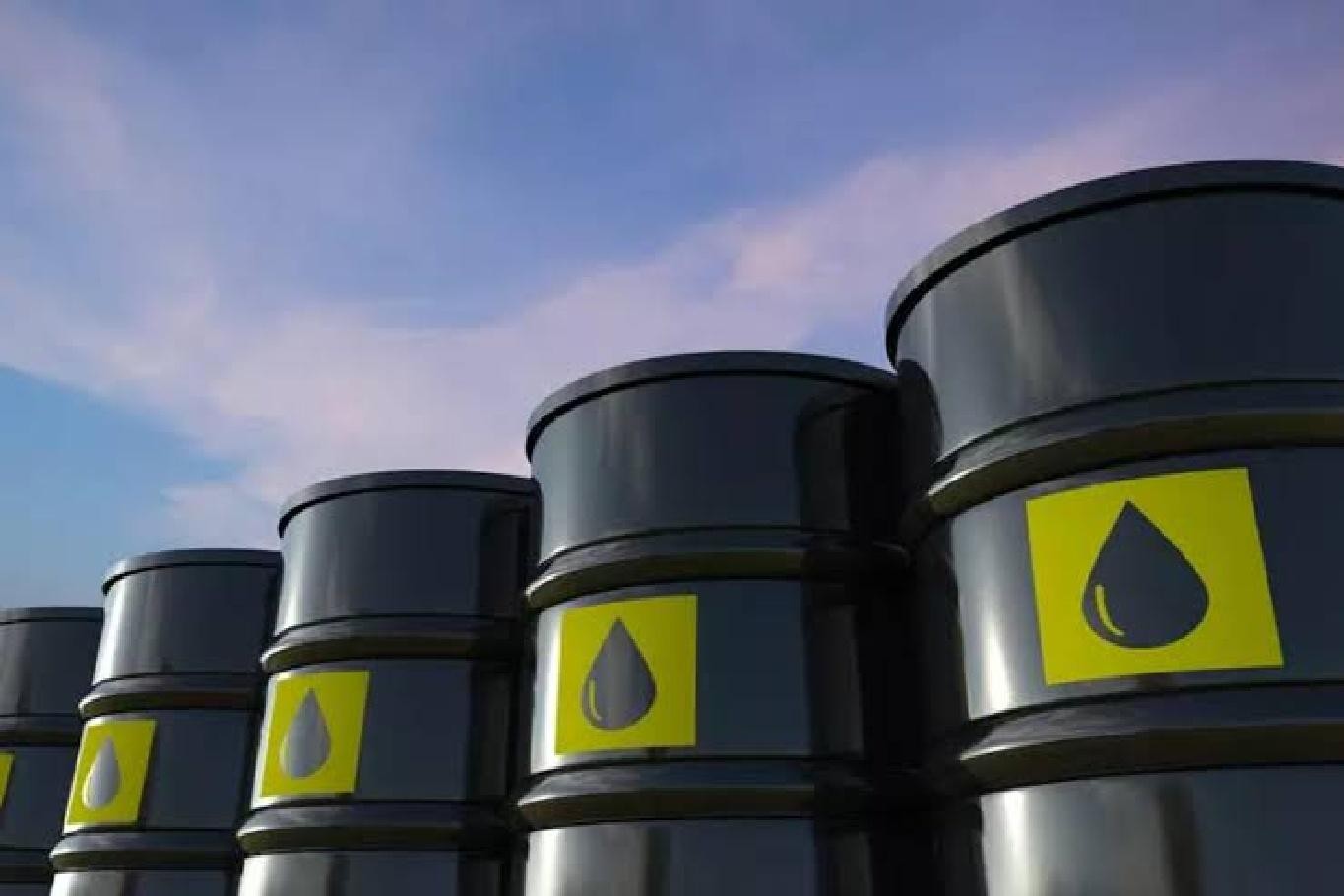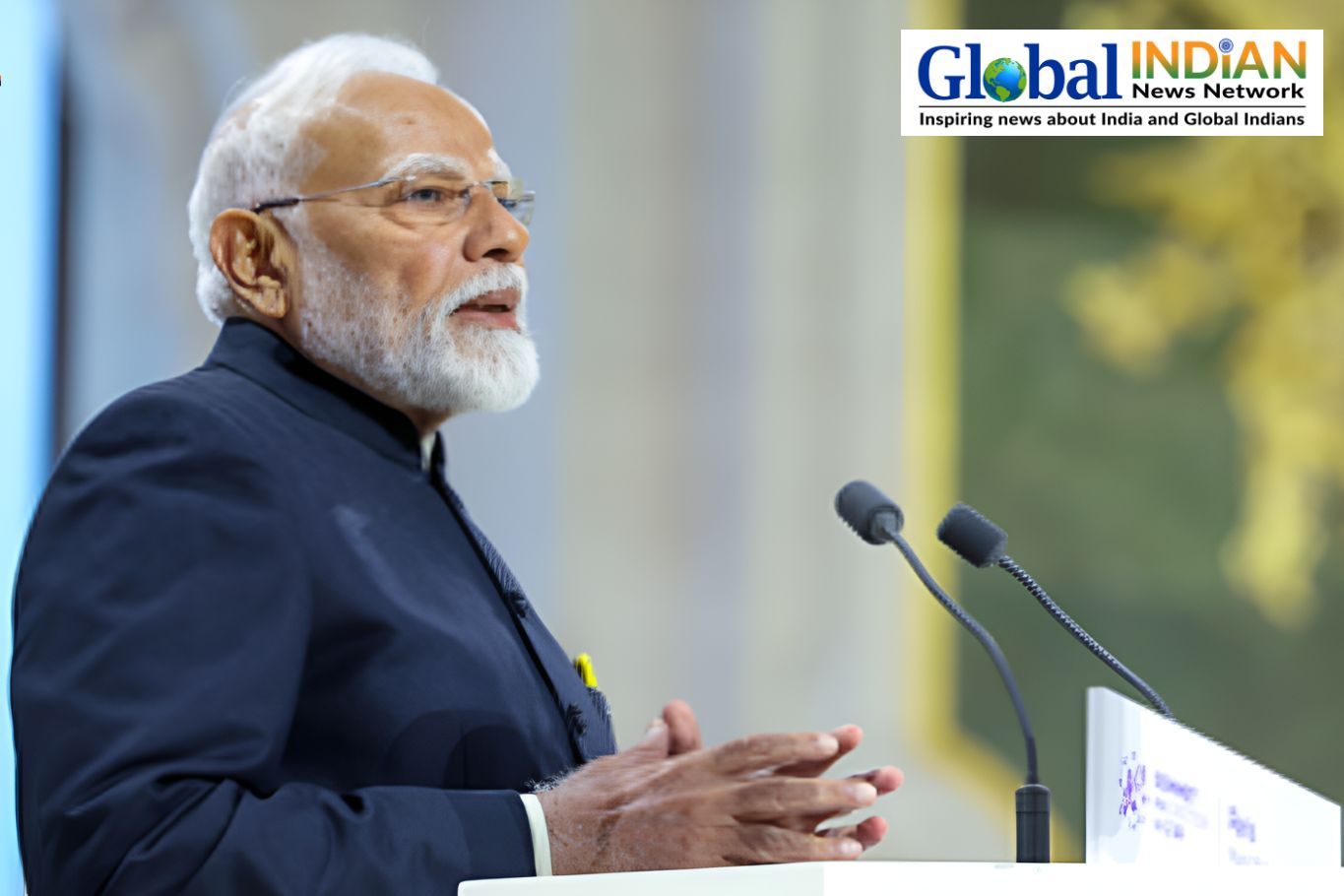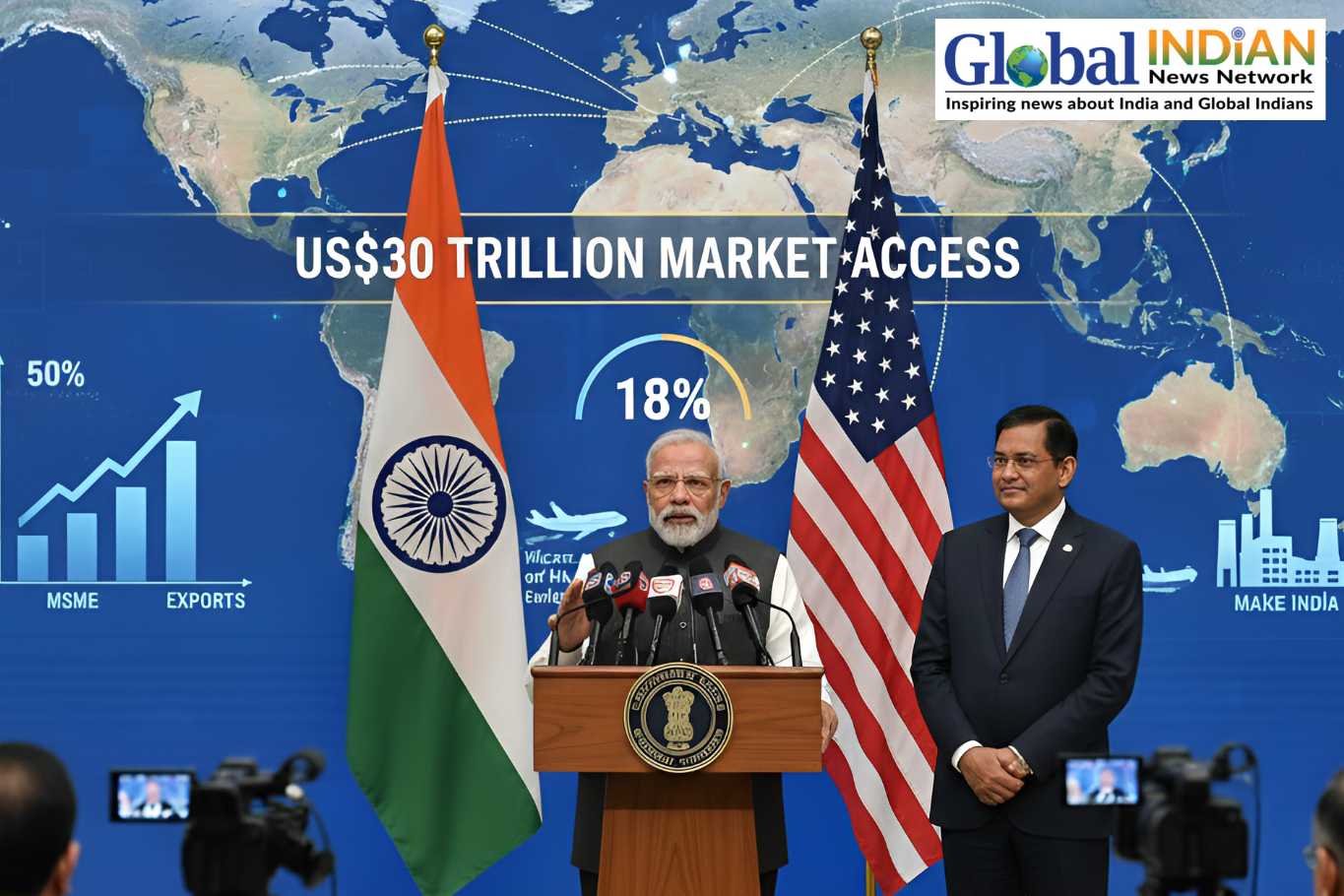
India aims to establish its first privately managed Strategic Petroleum Reserve (SPR) by 2029-30, according to the Chief Executive of Indian Strategic Petroleum Reserves Ltd. (ISPRL). This initiative grants the operator full autonomy to trade all stored oil, mirroring the model seen in countries like Japan and South Korea, where private lessees, predominantly oil majors, oversee crude trading. Previously, India allowed only partial commercialization of its existing three SPRs in southern India, with a combined capacity of 36.7 million barrels.
The expansion plan entails the construction of two new SPRs: an 18.3-million-barrel cavern in Padur, southern Karnataka state, and a 29.3 million barrels SPR in eastern Odisha state. Private partners will have the opportunity to engage in local oil trading, though the government maintains priority access in case of shortages. ISPRL has launched a tender process to gauge interest among local and global entities for the Padur SPR. The estimated project cost stands at around US$ 659 million (Rs. 55 billion), with the federal government potentially covering up to 60% of the total expenditure.









